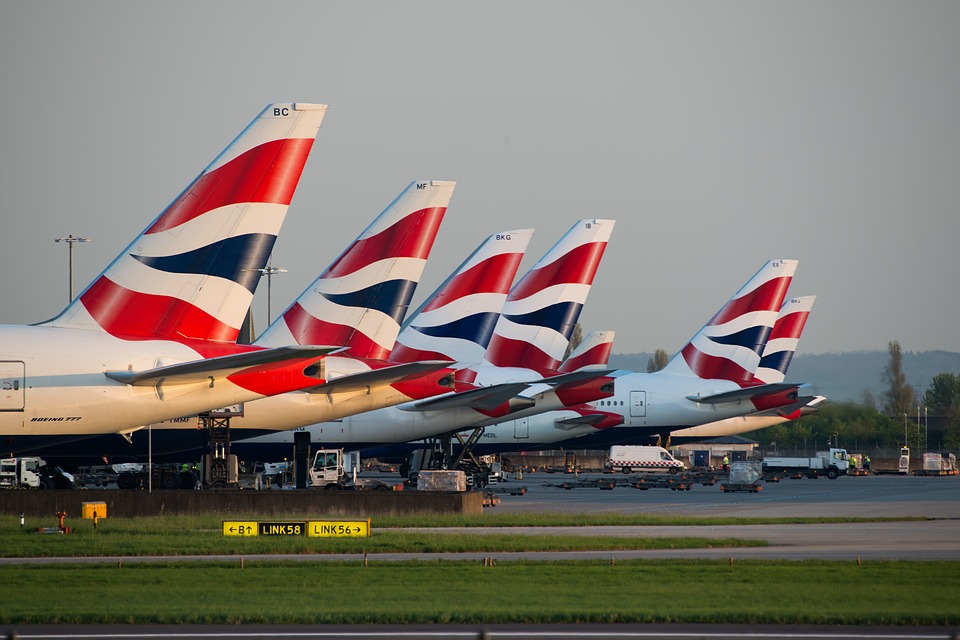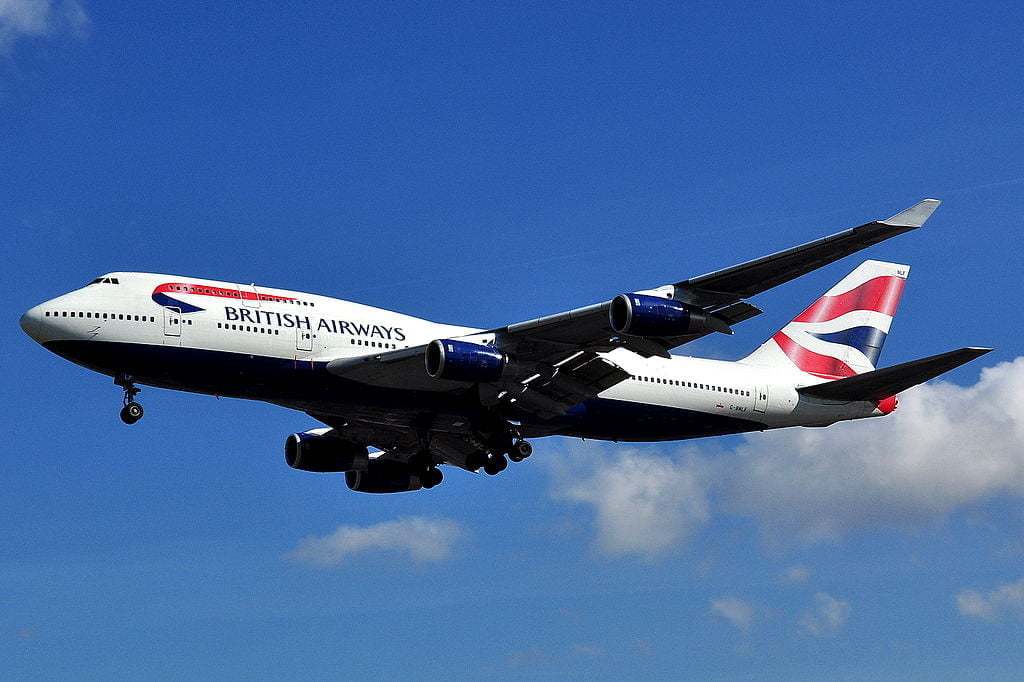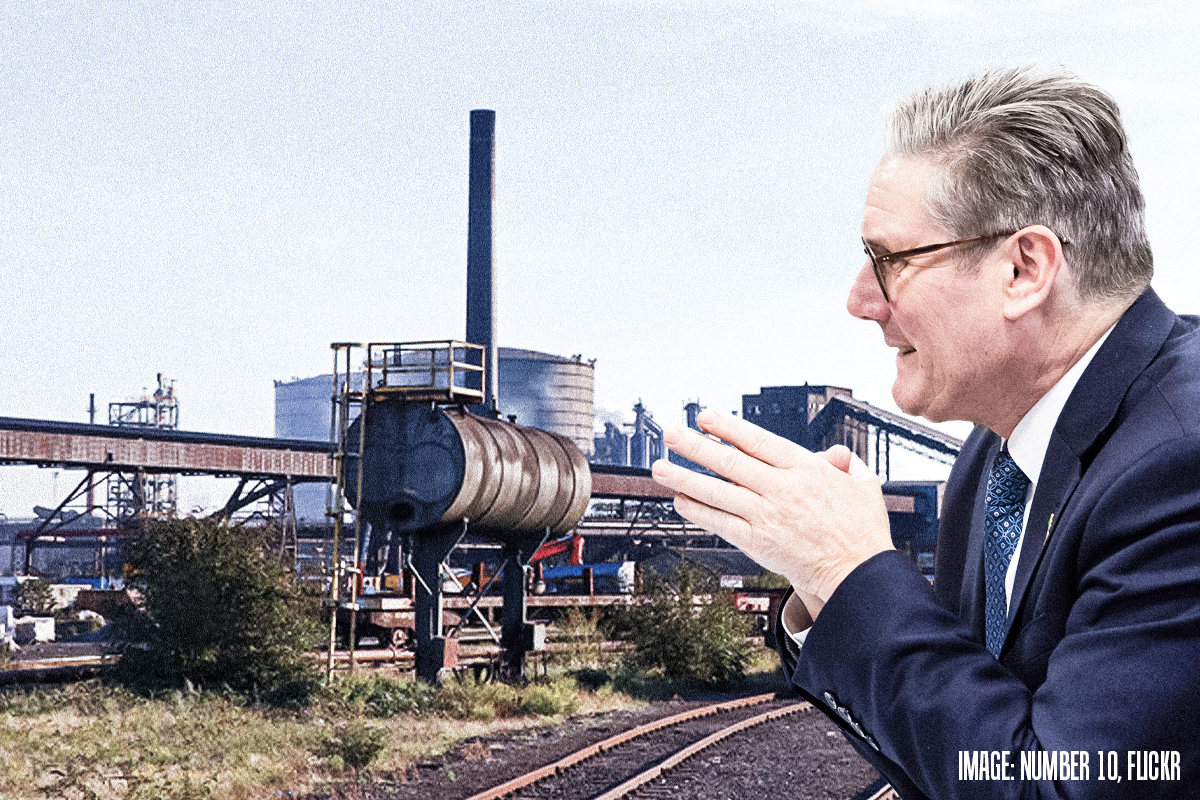While most eyes have been on the potential strike action by workers at Heathrow Airport, another important dispute is brewing in the airline industry among BA pilots. Airline workers must stand firm in the face of the bosses’ attacks.
Things are heating up again in the aviation industry. After the historic Thomas Cook strike a few years ago and the successful unionisation battle at Ryanair, now it is the turn of British Airways pilots to flex their muscles.
Members of the British Airline Pilots’ Association (BALPA, which represents 90 percent of BA’s 4,300 pilots) last month voted 9-to-1 in favour of strikes due to a dispute over terms and conditions. This result was based on a 90 percent turnout.
BA went to the High Court last week in an attempt to obtain a temporary injunction to avoid mass walkouts, but this was denied. Everything was set for an unprecedented strike in peak summer season. But, at the time of writing, the call for industrial action has been suspended and BALPA is back in negotiations.
Momentum lost
We are not privy to inside information, so we cannot say at this point whether this is the union caving in to pressure or a valid tactic to get a better deal for their workers. What we can say is that there is a real danger of losing the momentum.
Draconian anti-union laws mean that whilst BALPA has until January to take action, it must give two weeks’ notice. In other words, even if a strike was announced this week, action could not legally take place until the end of August, with the summer holiday season as good as over.
This is a pity, as BALPA has a clear mandate to take action that will have the maximal impact: no less than 93% of its members voted to go on strike; and such a strike would be the first in 40 years. That people who, by their nature and training, are relatively conservative and risk-averse, have decided to make this stand speaks volumes. So what is going on?
Race to the bottom
 As with anything, we have to take a broad view. The gutter press was quick to throw out ridiculous figures of pilots earning £167k a year, implying this is a spoilt workforce who need a reality check. However, the reality is that a lot of BA pilots are not on six figures, but earn less than some train and Tube drivers, and have been forced to undergo cuts to their pay in the aftermath of the 2008 recession.
As with anything, we have to take a broad view. The gutter press was quick to throw out ridiculous figures of pilots earning £167k a year, implying this is a spoilt workforce who need a reality check. However, the reality is that a lot of BA pilots are not on six figures, but earn less than some train and Tube drivers, and have been forced to undergo cuts to their pay in the aftermath of the 2008 recession.
On a superficial reading the pay deal that was on offer – 11.5% over three years – seems good, and undoubtedly a lot of workers would gladly take it. What is never mentioned, however, is that: 1) inflation (RPI) is not properly taken into account (with the impact of Brexit still to come); and 2) this offer is subject to unspecified “change initiatives”. As one BA pilot said on a pilot forum:
“From my point of view, pay is not the main reason people have voted the way they have. I don’t think the pay deal is unacceptable but just be straight…I cannot accept the ‘business changes’ without being told what that means. They could offer me 25% and if it means longer hours then I am not interested.”
This is the crux of the matter. Unlike most other workers, pay tends to come only in third place for most pilots. First is what base you work from (being close to friends and family); and second is the work roster (how stable it is and how hard you work).
On all accounts, BA pilots have faced cutbacks over the last decade: lower pay; worse pensions; but also working considerably harder and increasing roster disruptions.
It was through this increased rate of exploitation that BA was able to become one of the most profitable airlines in the world, making just under £2bn in operating profit last year. The CEO, top management, and the shareholders have rewarded themselves handsomely as a result – all whilst continuing to squeeze their own workforce, from pilots to office staff and cleaners.
We say: good on you BA pilots, it is time to make a stand. The present author flies for a rival airline with much worse conditions than BA. But what happens in BA and other airlines affects us all.
In a lot of ways, BA was the legacy airline everyone used to aspire to join. But it has been forced downwards by the laws of capitalism, joining the race to the bottom. It is up to the workforce to actively participate in this struggle and show who is really in charge.






